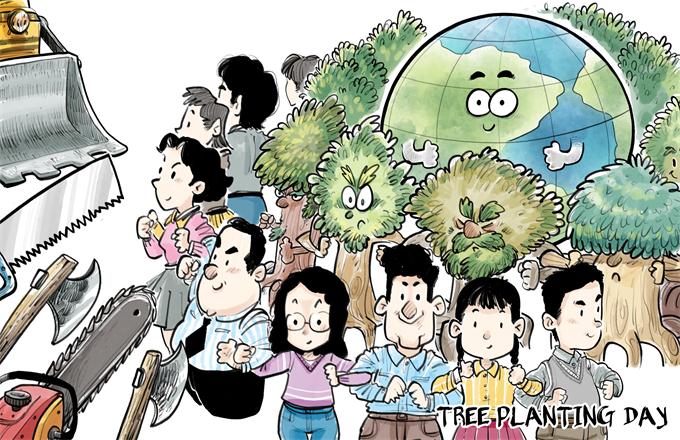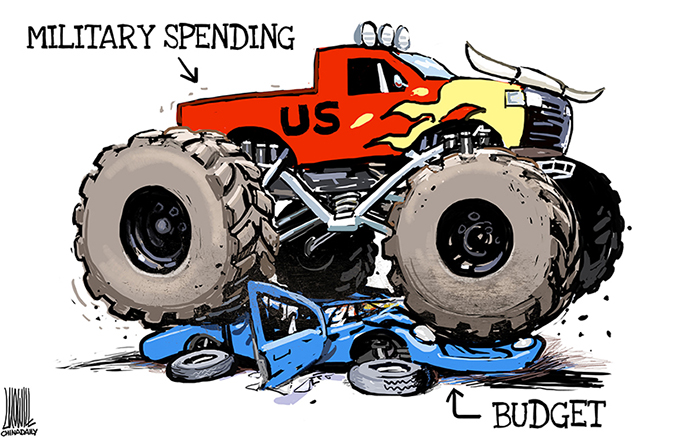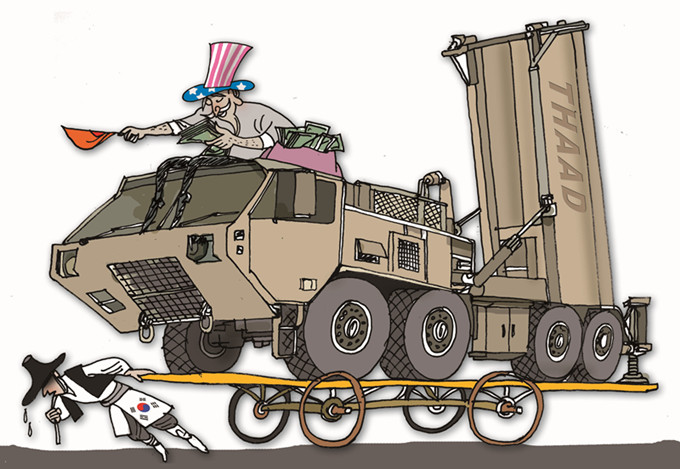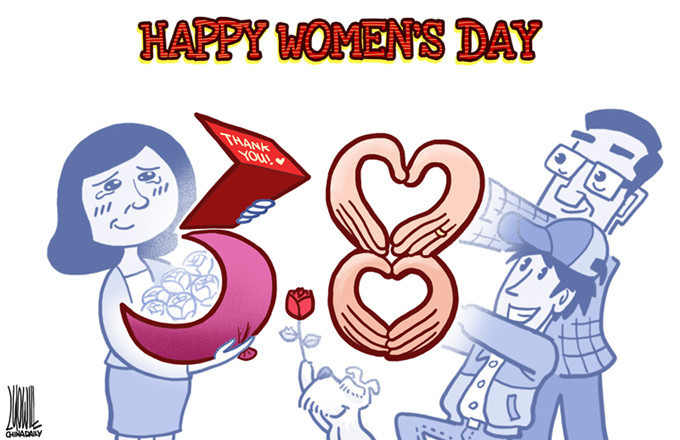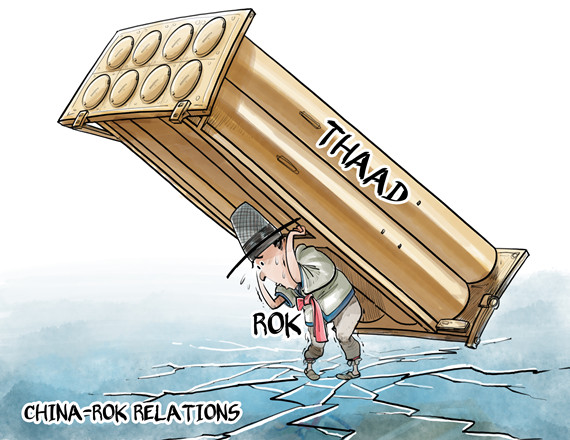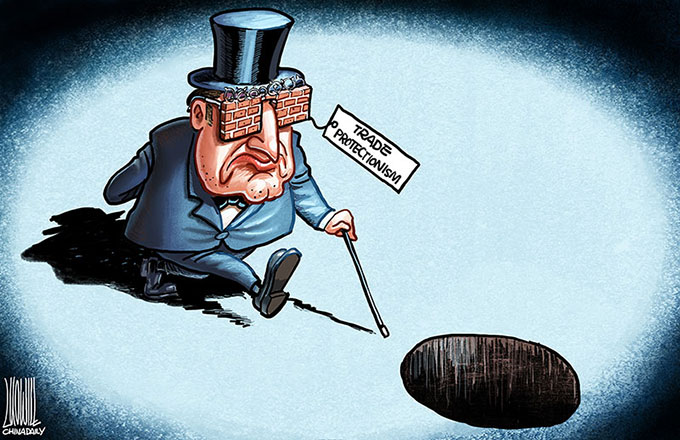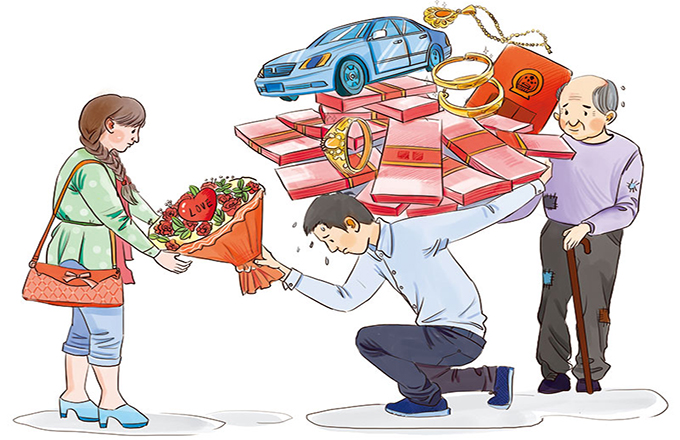Human rights record of the United States in 2012
IV.
On Racial Discrimination
The long-existing racial discrimination prevalent in the U.S. society sees no improvements, and ethnic minorities do not enjoy equal political, economic and social rights.
Ethnic Americans' rights to vote are limited. During the presidential election in November 2012, some Asian-American voters were obstructed at voting stations and received with discriminations (The China Press, November 8, 2012). The United Nations Human Rights Council Special Rapporteur used to lodge a joint accusation against the U.S. of failing to fully guarantee the rights to vote of African-Americans and Hispanics. The January/February 2013 edition of the Boston Review reported that as of 2010, more than 5.85 million American citizens were disenfranchised because of criminal convictions, and more than two million African-Americans currently are stripped of their right to vote. The U.S. attorney general also acknowledged, as the rights to vote of some ethnic Americans were restricted by laws requiring proof of identity, some people are as a matter of fact stripped of such rights (The Guardian, May. 30, 2012).
Ethnic Americans are discriminated against in the job market, and their economic well-being worsens as a result. According to statistics from the U.S. Department of Labor, the unemployment rate of whites was registered 7.0 percent in Oct. 2012, 14.3 percent for African-Americans and 10.0 percent for Hispanics. The average period of unemployment for ethnic minorities is notably longer than that for whites. Asians are unemployed on average for 27.7 weeks, African-Americans for 27 weeks (Desert News, December 4, 2012). According to data from the federal Labor Department, over half of all African-Americans and non-Hispanic blacks in New York city, who were old enough to work, had no jobs in 2012, and it takes them almost a full year on average to find another job (Madame Noire, June 21, 2012). Employment discrimination is the main reason behind income disparity and poverty. According to statistics released by the U.S. Census Bureau on September 12, 2012, the median household income for African-Americans was 32,229 U.S. dollars in 2011, less than 60 percent of that of non-Hispanic whites; and the poverty rate for African-Americans stood at 27.6 percent, almost three times of that of non-Hispanic whites.
Racial discrimination is rampant in the field of law enforcement and justice. The Reuters website reported on July 3, 2012, police tend to be more lenient to whites. Out of more than 685,000 police stops in New York City in 2011, more than 85 percent of the stopped were black or Hispanic. Ethnic Americans are often offended by law enforcement authorities. A 21-year-old black man in Arkansas was searched and put into a police car, and later was found shot in the head while handcuffed (www. telegraph.co.uk, August 8, 2012). The incident where a 28-year-old black man, Mohamed Bah, was shot dead by New York police outraged the black community (NYDailyNews.com, September 26, 2012). An article on the website of Texas Civil Rights Project on July 24, 2012 said the Austin police' excessive use of force had led to two fatal police shootings of minority suspects since 2011. The president of the Texas Civil Rights Project said that the shooting death of a dog even received more thorough and careful investigation than the death of a black victim. The New York Times columnist Charles M. Blow wrote an article on January 14, 2013, saying "the idea that progress toward racial harmony would or should be steady and continuous is fraying. And the pillars of the institution the fundamental devaluation of dark skin and strained justifications for the unconscionable have proved surprisingly resilient."




